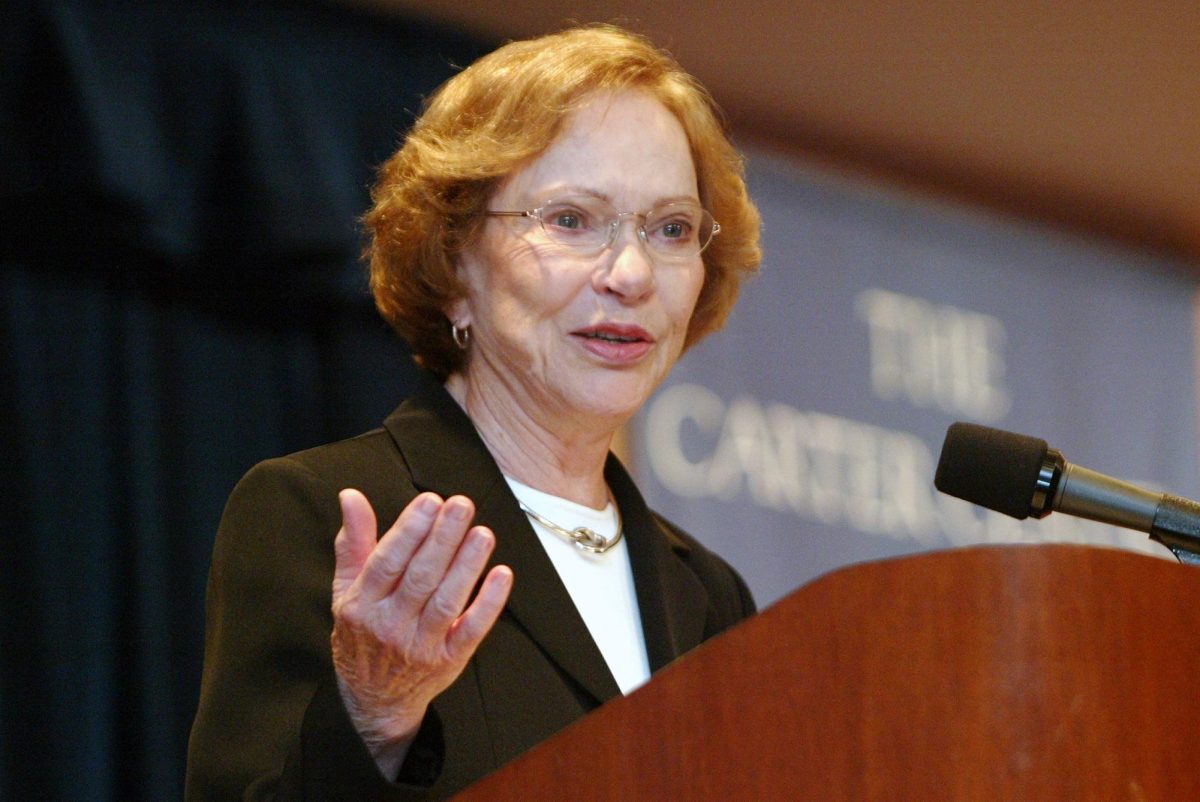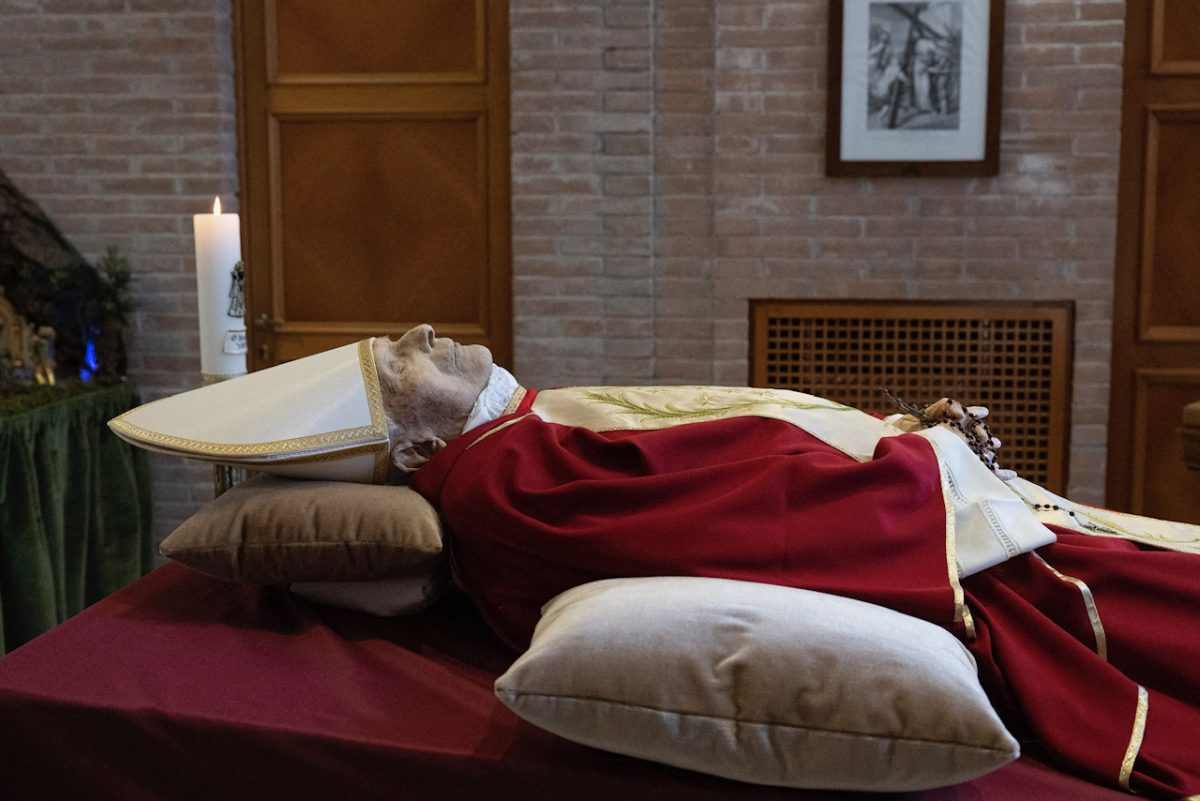November 19, 2023 marks the passing of the beloved former first lady Rosalynn Carter, wife of Jimmy Carter. She was entered into hospice care last Friday, and after a tough battle with dementia, she passed away at the age of 96. Though Rosalynn has passed on, her legacy will forever persist.
Generation Z (my generation) has seen an insurgence of mental health awareness and advocacy. Social media has undeniably contributed to this, allowing my generation to have a platform to discuss mental health issues and providing a community where people do not have to be afraid to be open about mental health. Mental health awareness has also been increasingly present in other modern media, and, perhaps most importantly, in modern clinical research.
Former President and First Lady Bill and Hillary Clinton released in a statement, “thanks to her [Rosalynn Carter’s] mental health advocacy, more people live with better care and less stigma.”
Amidst the growing awareness of mental health, it is important to recognize that it has not always been this way. Mrs. Carter’s contribution to the mental health movement was instrumental. With her passing and the arrival of Thanksgiving season, we should take a moment to honor this impact she had on our society.
One of her most notable accomplishments was the Mental Health Systems Act in 1980, which provides funds to local mental health facilities, enabling people who otherwise might not have been able to obtain mental health services to do so. Another lasting accomplishment was her establishment of The Carter Center with her husband. The Carter Center is a renowned non-governmental organization that leads impactful global programs in peace and health. The Carter Center’s Mental Health Program was directly run by Rosalynn and worked to raise awareness for mental health and reduce the stigma and discrimination faced by those suffering from mental health illnesses. She led the President’s Commission on Mental Health in 1977, establishing the framework for future mental health legislation, including the Mental Health Systems Act. Overall, Rosalynn Carter’s mental health advocacy accomplishments should be remembered.















